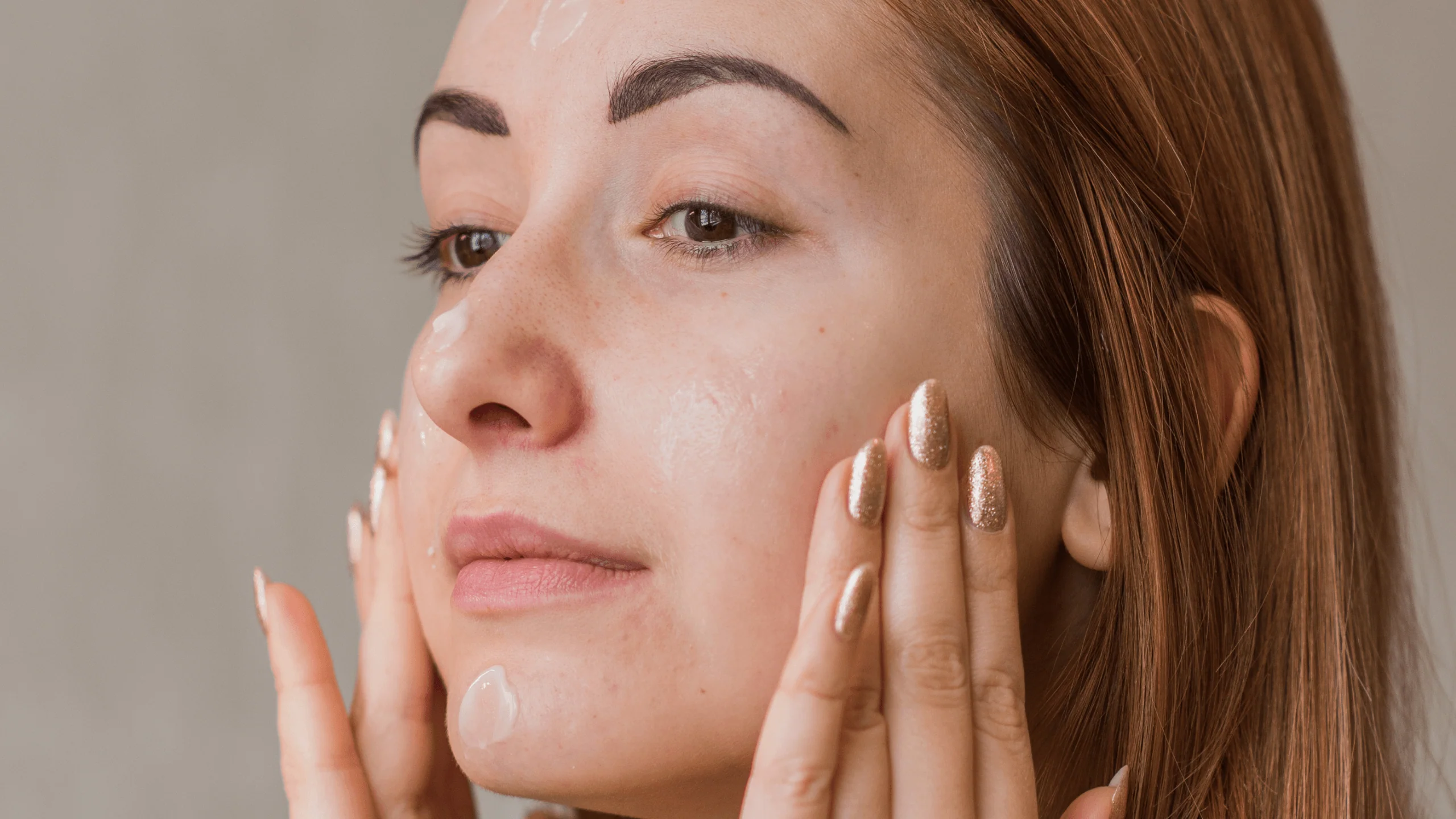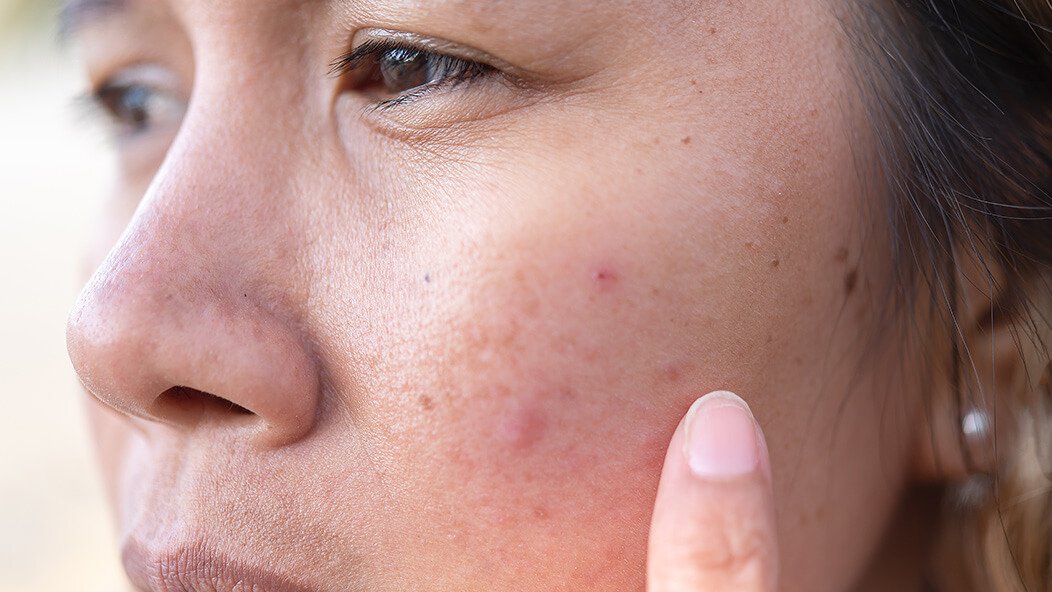Hormonal Changes: A Key Factor in Oily Skin
Discover the science behind oily skin and learn how small changes can lead to big improvements in your skincare routine.

Stress: A Key Factor in Oily Skin
Our mission is to shed light on the underlying causes of oily skin, empowering readers with knowledge to better understand and care for their skin.

Blog
Explore a collection of articles offering insights into the causes of oily skin, from genetics to lifestyle factors.
-

Oily vs. Dry Skin: Understanding Acne for Every Skin Type
Oily vs. Dry Skin: Understanding Acne for Every Skin Type 🌟 Introduction:…
-

Does Oily Face Cause Pimples? The Truth Behind the Shine
Does Oily Face Cause Pimples? The Truth Behind the Shine 🌟 Introduction:…
-

Can Oily Skin Change to Dry Skin?
Can Oily Skin Change to Dry Skin? Understanding Your Skin’s Shifts 🌟…
Strategies to Tackle Persistent Oily Skin
Explore key factors contributing to oily skin, supported by research and actionable insights to help you understand this common skin concern.
85
Genetic Influence
10,000+
Hormonal Changes
200
Environmental Factors

How Your Diet Impacts Oily Skin
Discover how small changes can lead to healthier skin—sign up for updates, subscribe to our blog, or dive deeper into the causes of oily skin for actionable insights.
How the Environment Influences Oily Skin
Find clear answers to common questions about oily skin, so you can understand the causes and solutions with ease.
What causes excessive oil production in skin?
Excessive oil production can be triggered by genetics, hormones, stress, or environmental factors.
Can diet impact oily skin?
Yes, certain foods, especially those high in sugar or dairy, can contribute to increased oiliness.
Does stress affect sebaceous activity?
Stress can stimulate hormonal changes, leading to overactive sebaceous glands and oily skin.
Can weather changes make skin oilier?
Yes, hot and humid climates often increase oil production, while cold weather can lead to overcompensation.
